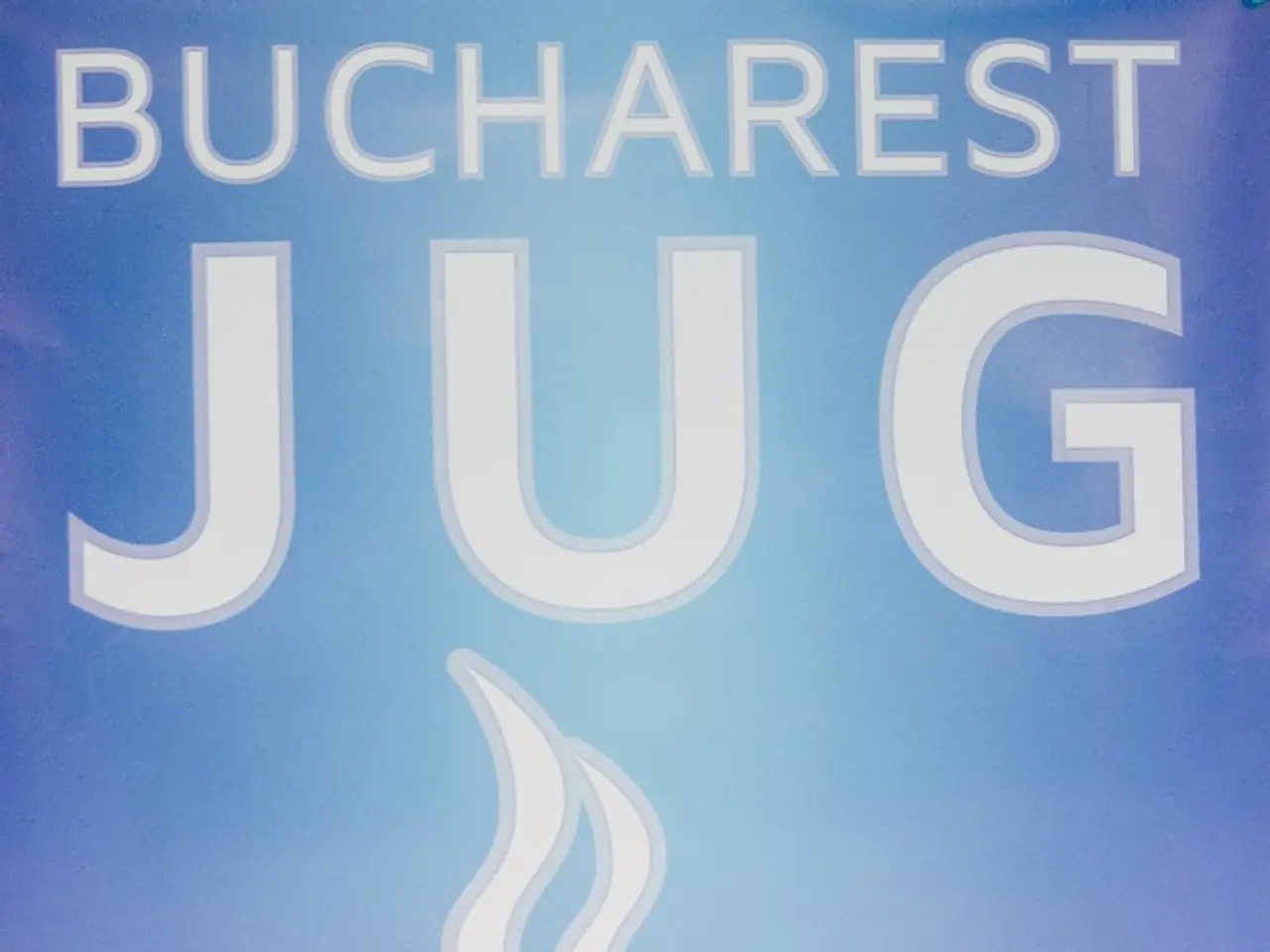Benefits of Independent Educational Institutions
New York City's charter schools, independent of the New York City Department of Education, are making a significant impact in the lives of students with disabilities, particularly those with autism. These schools, such as South Bronx Community Charter High School (SBC), focus on academic excellence, innovation, and community resilience.
One of the key features of these charter schools is their commitment to providing free appropriate public education (FAPE) tailored to each student's unique needs. This is achieved through Individualized Education Programs (IEPs), which outline personalized goals, services, and accommodations necessary for the academic progress, social development, and behavioral support of students with disabilities.
Before placement, students undergo comprehensive evaluations to determine their eligibility under IDEA categories such as autism, speech impairment, or other health impairments. Once enrolled, students benefit from tailored instruction and support, including Applied Behavior Analysis (ABA), social skills training, speech and language therapy, and academic interventions aligned to their needs.
Compliance with legal mandates, such as IDEA and Section 504 of the Rehabilitation Act, ensures that students with disabilities receive appropriate services and are not discriminated against, promoting inclusive education. Multidisciplinary coordination among educators, therapists, and specialists is also a common practice, with teams monitoring student progress and adjusting services as needed to maximize educational outcomes.
Family engagement and communication are also prioritized, with schools providing translation/interpretation services to assist families and ensure parents are informed and involved in their children's educational plans.
In addition to their commitment to students with disabilities, New York City charter schools have shown resilience during the pandemic. For instance, 80% of charter schools provided students with devices for remote learning before schools were closed, and 98% of charter school teachers had the technology to conduct remote instruction. Furthermore, 75% of charter teachers increased their office hours during remote learning, and 91% of charter teachers increased their time spent on communication with families during the pandemic.
These specialized charter school programs provide an environment where students with autism and other disabilities receive targeted educational services, supporting their academic success, social-emotional development, and inclusion alongside their peers. This comprehensive approach helps students meet their individualized goals and prepares them for further education and life beyond school.
Sources:
[1] Charter School Families' Rights
[2] New York City Charter School Center
[3] Autism New York
[4] New York City Department of Education
[5] National Autism Association
In the context of New York City's charter school education, these institutions fostering academic excellence and community resilience, such as South Bronx Community Charter High School (SBC), are deeply committed to the education-and-self-development of students with disabilities, particularly those with autism. They meticulously design Individualized Education Programs (IEPs) to address each student's unique needs, ensuring provision of free appropriate public education (FAPE) that aligns with legal mandates like IDEA and Section 504 of the Rehabilitation Act.




